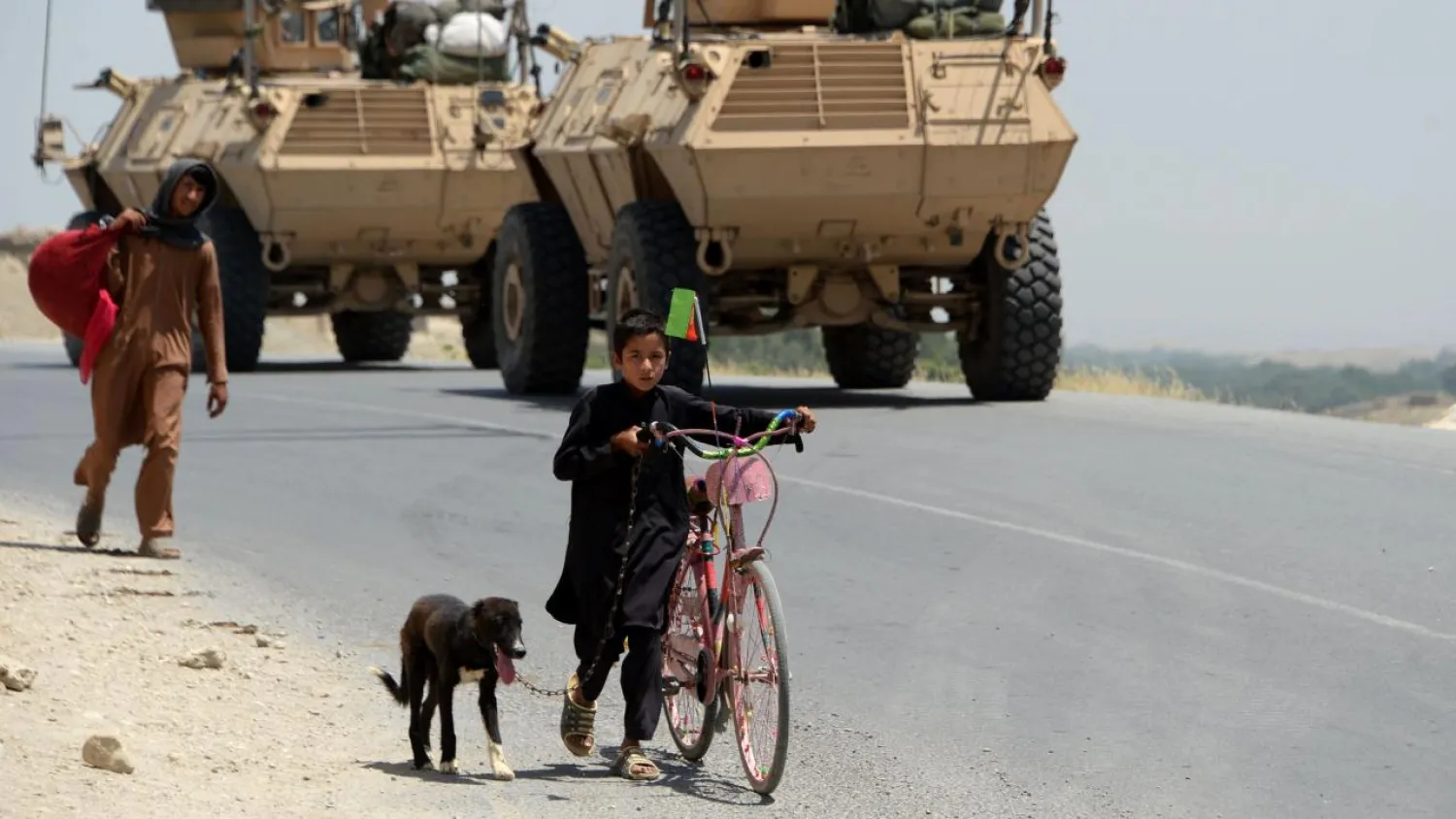Saudi Arabia will host next week an international conference to support peace efforts in Afghanistan.
The "International Conference of Muslim Scholars on Peace and Stability in the Republic of Afghanistan" will be held in Jeddah and Makkah on July 10 and 11 July respectively.
The conference will be attended by senior Afghan clerics and Muslim scholars from around the world.
The gatherers will focus on assisting peace efforts in Afghanistan and condemning all forms of terrorism and violent extremism through emphasizing the peaceful teachings of Islam, said a statement by the Organization of Islamic Cooperation (OIC)
It added that the conference will be held based on the resolutions of the 45th OIC Council of Foreign Ministers that was held in Dhaka on May 6.
The summit had reaffirmed the “commitment to respect the security, sovereignty, independence, territorial integrity of the member-states, as well as the need to resolve lingering or emerging disputes and conflicts through negotiations, mediation, conciliation and the use of other peaceful means using political, diplomatic and international legal mechanisms based on the universally recognized principles and norms of international law.”
The gatherers also “emphasized the need for return of durable peace and stability in Afghanistan.”
“This is an important factor in maintaining and strengthening security not only in the vast Asian continent, but also around the world.”
They reiterated support for the settlement of the Afghan conflict through an inclusive Afghan-led process of national reconciliation.









